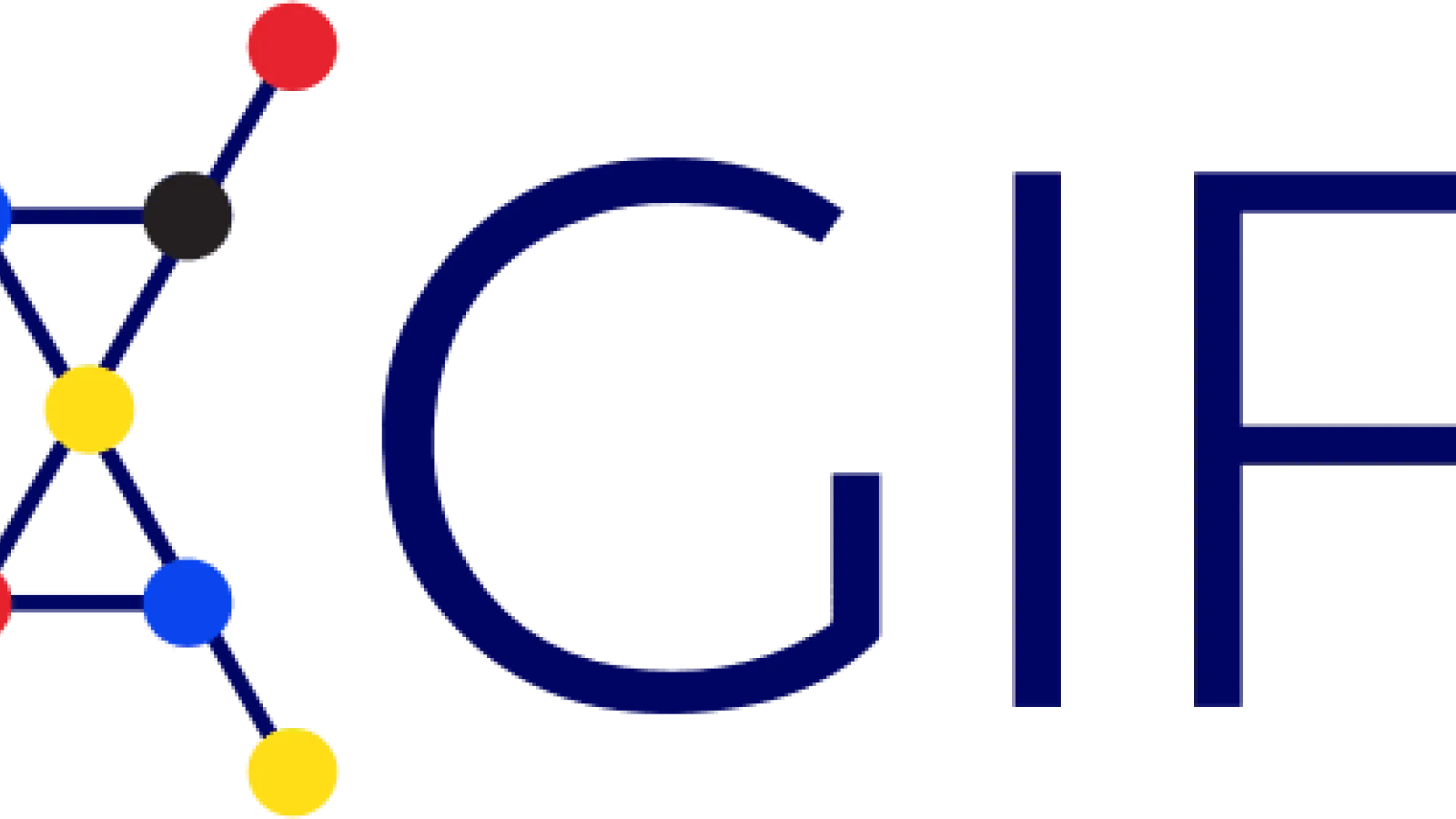News
Call for Proposals GIF Young Scientists' Meetings
Young researchers from Israel and Germany are invited to submit their abstracts for the workshop "Remembering Genocides and Violent Conflicts: Intergenerational Memory and Post-History in Contemporary Societies" by 15th of February 2024!
From 18th to 21st of June 2024, the University of Applied Sciences Potsdam and the German Israeli Foundation (GIF) will host the three-day workshop "Remembering Genocides and Violent Conflicts: Intergenerational Memory and Post-History in Contemporary Societies" for young scientists from Israel and Germany at the University of Applied Sciences Potsdam with the cooperation partners Moses Mendelsohn Center at the University of Potsdam, the House of the Wannsee Conference Memorial and the Hebrew University of Jerusalem.
The aim of the GIF Young Scientists' Meetings in Potsdam is to bring together young scientists from Germany and Israel for the mutual presentation of research work and the joint discussion of the post-history of genocides and violent conflicts from a comparative and interdisciplinary perspective.
We want to ask about the future of memory and the transgenerational transmission of memory in an increasingly digitalised world. We invite young researchers from various disciplines, such as anthropology, education, history, law, psychology, sociology, social work and the humanities.
We look forward to receiving your applications by 15 February 2024.
Funded by
German Israeli Foundation (GIF)
Cooperation partner
- Call for Proposals: GIF Young Scientists' Meetings (18/06 – 21/06/2024) (PDF, 186.84 KB)Call for Proposals for the three-day workshop for young scientists from Israel and Germany from 18th to 21st June 2024 at the University of Applied Sciences Potsdam ("Remembering Genocides and Violent Conflicts: Intergenerational Memory and Post-
History in Contemporary Societies").

